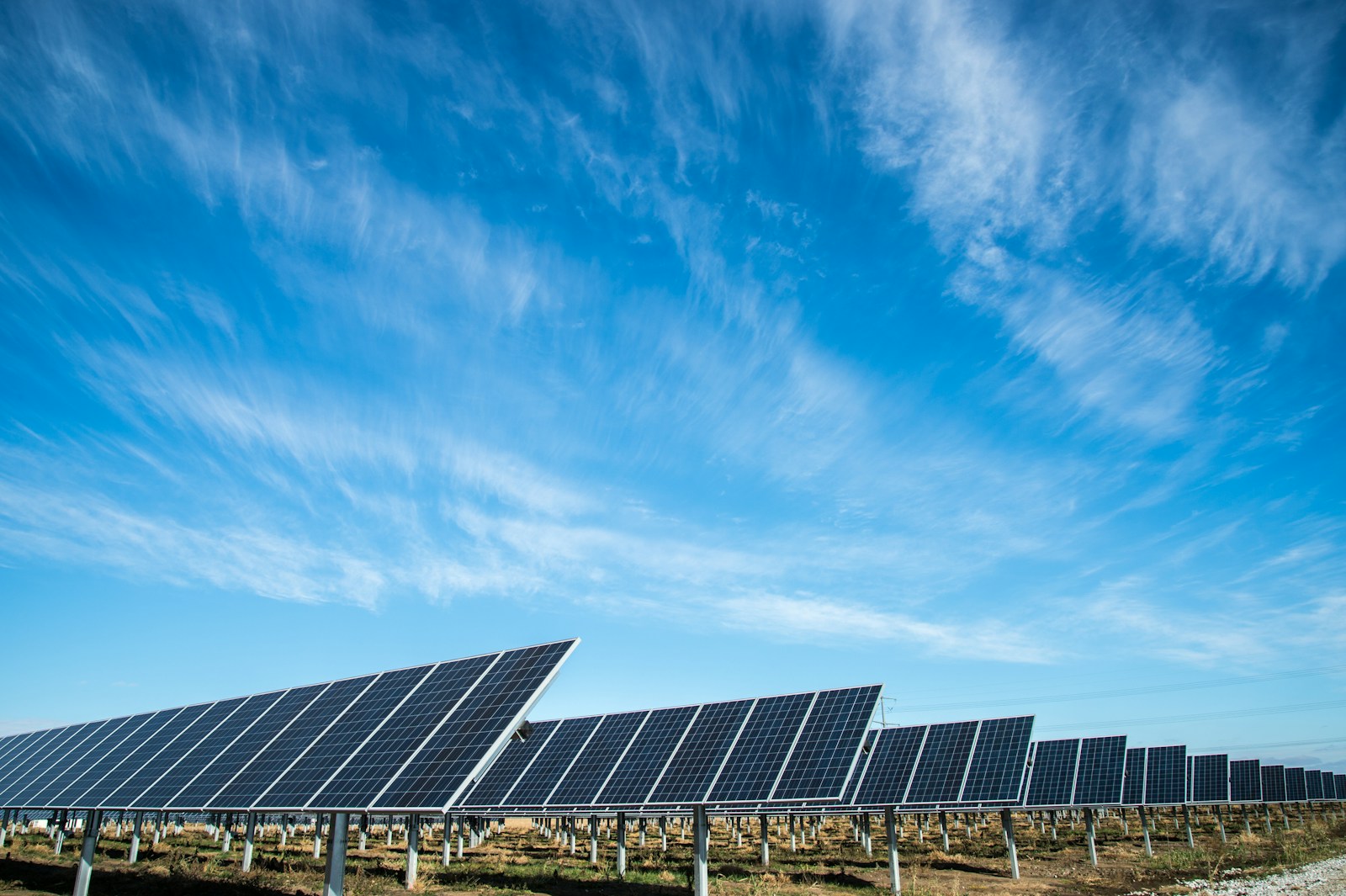Key Takeaways:
• Trump announced a ban on all new solar and wind projects.
• Elon Musk calls solar power the only option that truly scales.
• States like Texas added over 10 gigawatts of solar last year.
• The clash may reshape America’s energy path.
Can Elon Musk Stop Trump’s Solar Power Ban?
In a fresh clash, President Trump vowed to ban new solar power and wind farms. He claimed they drive up electricity costs and destroy farms. However, tech billionaire Elon Musk disagrees fiercely. Musk says solar power scales more than any other energy source. This dispute highlights a deep split over America’s energy future.
Why Solar Power Matters
Firstly, solar power converts sunlight directly into electricity. It needs no fuel, so it emits no greenhouse gases. Moreover, panels can go on rooftops, fields, and even parking lots. As demand for clean energy grows, solar power offers flexibility. Therefore, many experts say it is crucial for decarbonizing power grids.
Trump’s Attack On Solar Power
Recently, Trump wrote on his platform that states using solar power face record energy costs. He also called windmills “stupid” and blamed them for killing wildlife. Next, he announced he would ban all new solar and wind projects nationwide. Sadly, this plan contradicts growing demand for cleaner, cheaper energy. Many worry the ban would slow job growth in the solar sector.
Musk Speaks Out
In response, Musk took to social media to defend solar power. He wrote that it is the only energy source that truly scales. Then, he shared another user’s post, noting how solar outperforms gas in flexibility. Musk argues that gas and grid hardware face limits once data centers expand. Meanwhile, solar fields can grow almost without bounds. Thus, he believes America would shoot itself in the foot by fading solar.
Musk and Trump’s Tense History
Interestingly, Musk once heavily backed Trump’s campaign and led a task force on government efficiency. However, they clashed over key appointments and a massive tax bill. Musk slammed that bill as an abomination and even threatened to start a new party. Since then, Musk has mostly stayed quiet politically. Yet this week he broke his silence to defend solar power.
The Impact On States
Many top solar states still backed Trump in the election. For example, Texas alone added over 10 gigawatts of solar last year. States like Florida, North Carolina, and Arizona also saw big solar growth. These states rely on solar to meet rising electricity demand. If the ban goes through, local economies could lose jobs and investment. Moreover, electricity prices might climb without solar competition.
Economic and Environmental Stakes
Beyond jobs, solar power offers cost stability. Once panels are up, sunlight is free. By contrast, gas prices fluctuate with markets and geopolitics. Solar also cuts carbon emissions and air pollution. In fact, studies show solar farms can boost local tax revenues. Consequently, many communities welcome solar projects for both economic and health benefits.
What This Means For The Future
Ultimately, the fight between Trump and Musk symbolizes a larger debate. Should America double down on traditional fuels or embrace clean technology? If solar power stays strong, the U.S. could lead global green innovation. On the other hand, a ban might slow progress and hinder climate goals. Meanwhile, public opinion seems to tilt toward more renewable energy, not less.
Will Solar Power Win?
So far, solar installations keep rising despite political noise. Companies are investing in bigger and more efficient panels. Plus, innovative storage systems promise reliable power day and night. Yet policy support remains vital. Incentives, tax credits, and clear rules fuel growth. Therefore, the final outcome may depend on who wins public support and upcoming elections.
Conclusion
The showdown over solar power highlights how energy policy shapes our lives. Trump’s proposed ban challenges the path toward cleaner power. In turn, Musk’s defense of solar power underscores its fast growth and scalability. As debates continue, voters and policymakers must weigh costs, jobs, and environmental impact. Ultimately, America’s energy future hangs on these crucial choices.
Frequently Asked Questions:
Why is solar power considered more scalable than other energy sources?
Solar power scales easily because panels can be added in small or large blocks. You can install them on rooftops or build huge solar farms. In contrast, building new gas plants or transmission lines takes more time and money.
How many states would a solar power ban affect?
A ban on new solar projects would impact most states. Solar power has grown nationwide, with leading states including Texas, Florida, and California. All would see slower clean energy growth.
Can solar power meet rising electricity demand alone?
Solar power has huge potential but works best with energy storage and grid upgrades. Batteries store power for cloudy days and nights. Combined with wind and other renewables, solar can meet most demand.
What happens if the solar power ban goes into effect?
If the ban passes, new solar installations would stop. This could slow clean energy jobs, raise electricity costs, and increase carbon emissions. Existing solar farms would likely keep running, but growth would stall.
